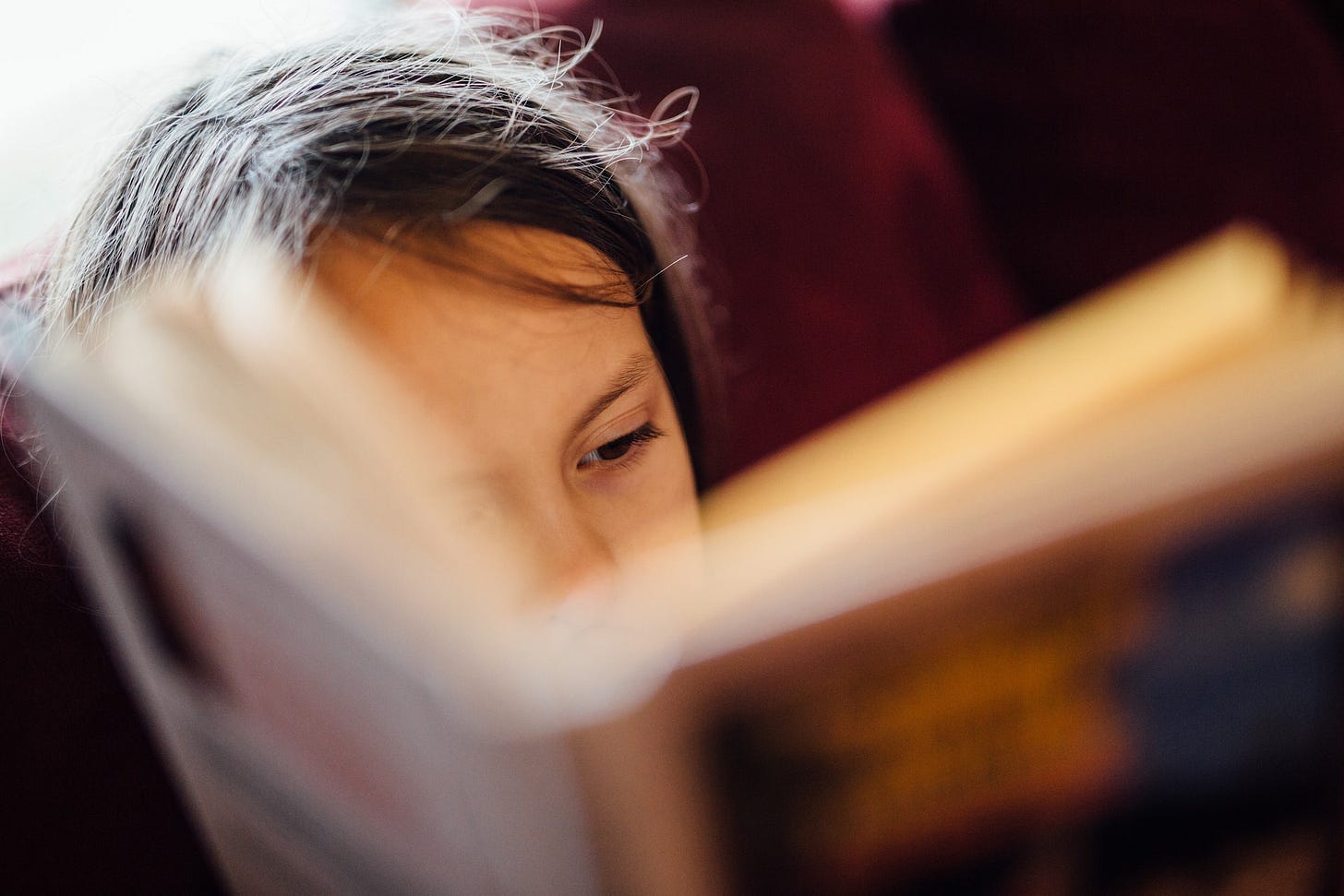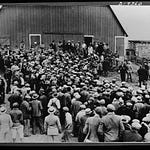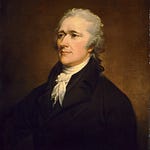Do government officials, such as a school board, have the right to restrict a student’s education in the school library?
Do parents have the right to dictate their child’s education?
New York, 1975.
An activist group named Parents of New York United compiled a list of books they deemed offensive due to “anti-American, anti-Christian, anti-Semitic, and just plain filthy” speech (Pico, 1982 at 857). The school board stated, "[i]t is our duty, our moral obligation, to protect the children in our schools from this moral danger as surely as from physical and medical dangers."
Students objected and filed legal action on First Amendment grounds for free speech against the school board. Though the school board reversed their decision and restored the books to the library, the case went to the US Supreme Court anyway.
The Supreme Court deliberated the merit of the free speech argument in light of precedent. They looked at previous cases such as West Virginia Board of Education v. Barnette, 319 U. S. 624 (1943), which considered whether a student could be forced to participate in the pledge of allegiance. That case found:
Boards of Education . . . have, of course, important, delicate, and highly discretionary functions, but none that they may not perform within the limits of the Bill of Rights. That they are educating the young for citizenship is reason for scrupulous protection of Constitutional freedoms of the individual, if we are not to strangle the free mind at its source and teach youth to discount important principles of our government as mere platitudes.
And Keyishian v. Board of Regents, 385 U. S. 589 (1967), which found "students must always remain free to inquire, to study and to evaluate, to gain new maturity and understanding."
In the end, the court was divided. Four justices voted in favor, with two concurring in part, while four justices voted against. This split decision favored the students on the grounds of First Amendment rights within school libraries. On the other hand, it also supported the school board's authority to prepare students for citizenship and to uphold the values intrinsic to being American.
On the grounds of First Amendment rights in a school library, the court found for the students.
Judge Sifton’s opinion stated, "political views and personal taste [were] being asserted not in the interests of the children's wellbeing, but rather for the purpose of establishing those views as the correct and orthodox ones for all purposes in the particular community."
A school board removing a student’s right to exercise their First Amendment right to free speech, demonstrated by learning from multiple viewpoints, is not permissible. School authorities cannot take away books simply to limit exposure to the political views or societal viewpoints they contain.
On the grounds of a school board’s authority, the court found for the school board.
In the ruling the court strongly supported a school board’s responsibility to prepare students for citizenship and preserve the values that make us all Americans. They found school boards may remove books deemed “educationally unsuitable or pervasively vulgar”.
Although the Pico case sheds light on the tension between students' First Amendment rights and a school board's authority, it's just one facet of a broader debate on educational rights. Another pivotal case, Wisconsin v. Yoder, introduces an equally compelling dimension: the extent of parental rights in determining their child’s education.
The boundaries of educational content, especially in school libraries, are a contentious subject. While the courts upheld students’ rights in the Pico case, the Wisconsin v. Yoder case demonstrates that parental rights also hold significant weight in the eyes of the law. Many parents and educators might have deeply-held beliefs and concerns that challenge the court's viewpoint on student rights.
As an opposing view, the Wisconsin v. Yoder case underscores the question: don’t parents have the right to dictate their own child’s education? What if a parent disagrees with the court’s ruling? Some believe their child shouldn’t be exposed in a school library, or anywhere else, to topics such as sex education, race relations, and LGBTQ+ rights. They argue that these subjects are not core purposes for schools, and that they should have the ultimate say in preventing their child's exposure to them.
Wisconsin v. Yoder (1972), supports parental rights. This case looked at the right of Amish parents to remove their children from public schools for religious reasons, even though the state required school attendance until age 16. The Court sided with the Amish parents, ruling that their First Amendment right to free exercise of religion was more compelling than the state’s interest in educating their children.
Proponents of home schooling use Wisconsin v. Yoder as a precedent for parents being able to dictate their own child’s education. Further, courts have repeatedly found for home education as a viable pathway to citizenship.
Part of America is a choice. We can choose to tolerate others expressing rights with which we disagree. Or we can choose to isolate ourselves from others and preserve our own dignity. America is too broad in population and diverse in background to have agreement on everything.
Individual rights and institutional authority in education are no different.
We ought to allow students to exercise their First Amendment right to free speech and read the books they feel compelled to read.
Thanks for considering my perspective.
May God bless the United States of America.













